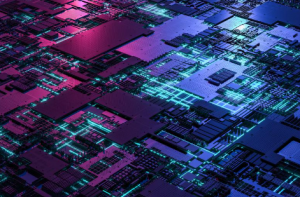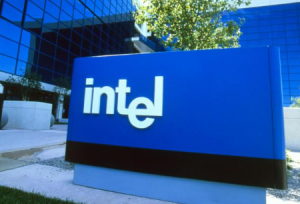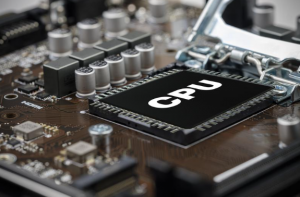Major Brands in the Semiconductor Industry

The semiconductor industry has been dominated by a few leading chipmakers over the decades. In the early days of computing, Intel pioneered the microprocessor and built its business around the x86 CPU architecture. Intel grew to become the world’s largest semiconductor company and still maintains a strong lead in PC processors today. However, the competitive landscape has evolved with the rise of mobile computing, Artificial Intelligence and other emerging applications.
Intel’s primary competitor in CPUs is Advanced Micro Devices (AMD). AMD produces x86-compatible processors for PCs, servers and embedded systems. It has launched popular CPU brands such as Ryzen, EPYC and Athlon. While Intel still commands a larger market share, AMD chips are widely used and provide competitive performance at lower prices. Both companies are also expanding into graphics processors (GPUs) and other accelerated workloads.
NVIDIA has become the dominant player in graphics chips and GPU computing. NVIDIA’s GPUs power many of today’s computers, game consoles, autonomous vehicles and more. The company is also investing heavily in chips for artificial intelligence, including its latest Ampere architecture. NVIDIA’s graphics expertise, software platforms and partnerships with major tech companies position it well for growth in visual computing and AI. However, competition is rising from Intel, AMD and other startups.
In the mobile segment, ARM Holdings licenses its low-power processor designs to chipmakers that serve smartphone, tablet and embedded device customers. Major ARM licensees include Qualcomm, Samsung, Mediatek and Apple. Qualcomm is the leader in mobile processors, with its Snapdragon chips powering many of the world’s premium smartphones. Samsung also produces its own Exynos mobile processors for select products. Apple has designed custom ARM-based processors for the iPhone and iPad since the A6 chip introduced in 2012. The latest A14 Bionic chip delivers exceptional performance and efficiency.
Outside of CPUs and GPUs, Intel, Samsung, SK Hynix, Micron and other companies develop memory chips and solid-state storage. Networking and communications chips are supplied by companies such as Broadcom, Marvell and NXP Semiconductors. Various chipmakers including Texas Instruments, Analog Devices and Infineon also provide solutions for automotive, industrial automation, security and other embedded systems. In addition, Taiwanese foundries like Taiwan Semiconductor Manufacturing Company (TSMC) and United Microelectronics Corporation (UMC) manufacture chips for many of the world’s leading technology companies.
The semiconductor sector continues to drive technology innovation that has a huge impact on economies and societies. Looking ahead, artificial intelligence, 5G networks, autonomous vehicles and other transformative technologies are fueling strong growth in visual computing, connectivity and embedded intelligence. However, geopolitical tensions and over-reliance on limited production ecosystems pose risks. Sustaining progress across the industry will require continued scaling of advanced process technologies, new materials and chip designs, diverse manufacturing strategies and global partnerships. Overall, semiconductors remain an exciting space with many promising opportunities as well as challenges on the road ahead.







